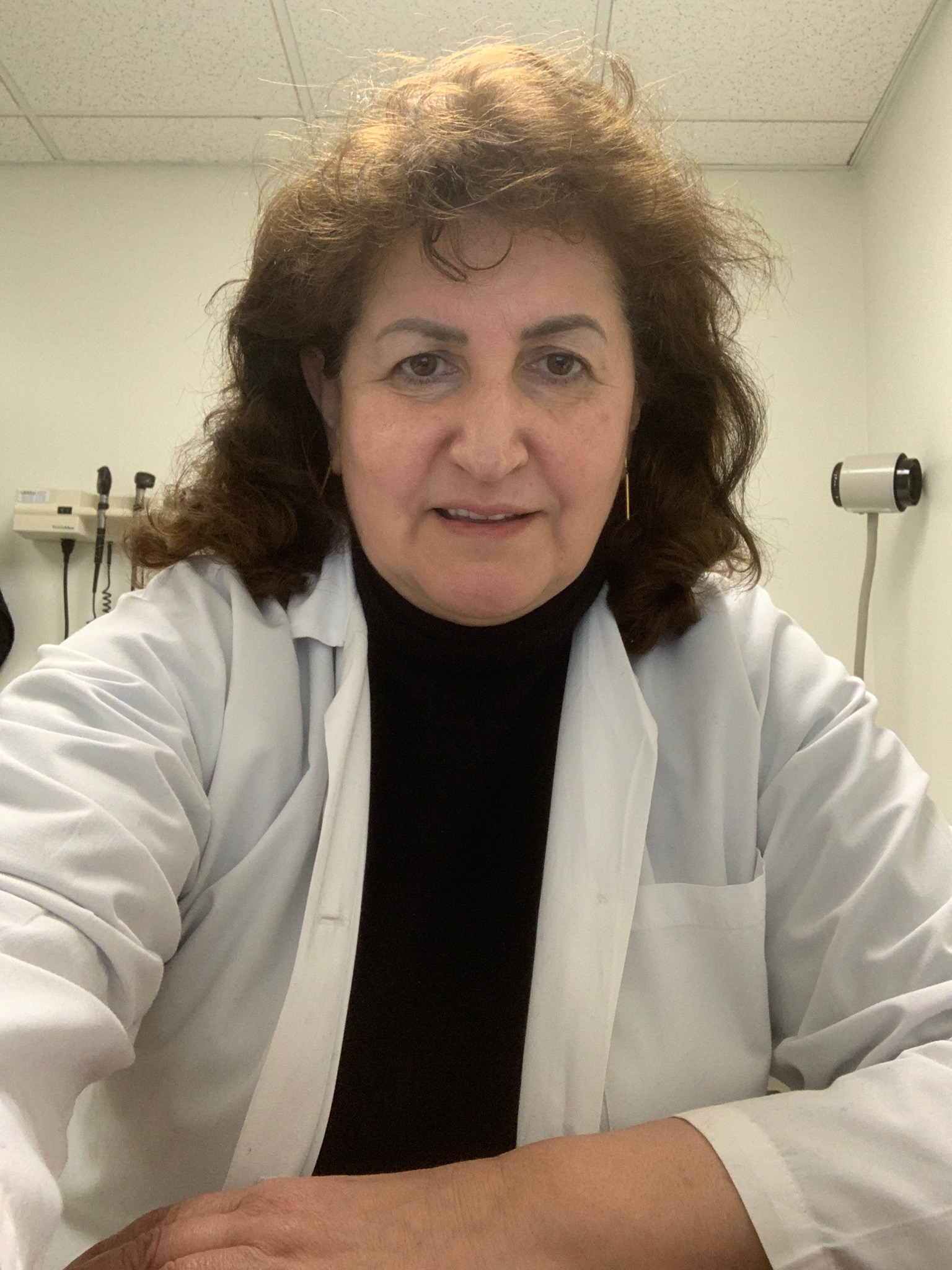Bipolar Disorder
Understanding, Managing, and Treating Bipolar Disorder

Written by
Dr. Bessy Martirosyan

Reviewed by
Dr. Ellen Machikawa
Watch: An overview of bipolar disorder and treatment approaches.
What is Bipolar Disorder?
Bipolar disorder is a chronic mental health condition marked by pronounced shifts in mood, energy, and activity levels. These shifts take the form of elevated states (mania or hypomania) and low periods (depressive episodes), and they can interfere with work, relationships, and daily functioning.
The pattern and intensity of mood episodes differ between people. With appropriate treatment and support, most people with bipolar disorder can reduce the frequency and severity of episodes and regain stability.
Quick facts
- Affects a small but significant share of adults; onset commonly occurs in adolescence or early adulthood.
- Occurs in all genders and backgrounds.
- Episodes can be triggered or worsened by stress, substance use, or medical problems.
- Treatment—medication and therapy—can markedly improve functioning and quality of life.
Symptoms
Symptoms depend on whether someone is in a manic/hypomanic phase or a depressive phase. Manic states typically involve unusually high energy, reduced need for sleep, rapid speech, racing thoughts, and impulsive behavior. Depressive states involve low mood, loss of interest, changes in sleep or appetite, fatigue, difficulty concentrating, and sometimes suicidal thoughts.
Mania / Hypomania
Manic and hypomanic episodes can include high or irritable mood, increased activity, less need for sleep, rapid thoughts or speech, and risky actions that can harm work or relationships.
Common manic symptoms
Inflated self-esteem, reduced need for sleep, pressured speech, racing thoughts, distractibility, and impulsive behavior.
Depressive episodes
Depressive episodes can bring persistent low mood or loss of interest, sleep and appetite changes, low energy, poor concentration, feelings of worthlessness, and thoughts of death or suicide in more severe cases.
Types and Causes
Common types
- Bipolar I: Episodes of full mania often alternating with depression.
- Bipolar II: Recurrent depressive episodes with hypomanic episodes rather than full mania.
- Cyclothymic disorder: Milder, chronic mood swings that do not meet full criteria for mania or major depression.
What causes it?
Research points to a combination of genetic vulnerability, brain circuitry differences, and environmental triggers. Family history increases risk, brain imaging shows functional variations in some people, and factors such as stress, substance use, or medical illness can precipitate episodes.
Treatment Options
Treatment usually combines medication with psychotherapy and practical supports. Medications commonly used include mood stabilizers (for example, lithium), certain anticonvulsants, and newer antipsychotic medicines; benzodiazepines may be used short-term for severe agitation or sleep problems.
Psychotherapies such as cognitive behavioral therapy, family-focused therapy, interpersonal and social rhythm therapy, and psychoeducation can help people manage symptoms and reduce relapse risk.
Other services
For severe or treatment-resistant illness, options like electroconvulsive therapy (ECT) or structured programs (partial hospitalization) may be considered under clinical supervision.
Medication and therapy choices are individualized; ongoing monitoring and coordination with a clinician are essential for safety and effectiveness.
Self-help and daily strategies
Regular daily rhythms, consistent sleep, routine physical activity, limiting alcohol or recreational drugs, and building a reliable support network can all reduce the likelihood of episode recurrence.
Keeping a mood and sleep diary, following medication plans, and teaching family members the early warning signs of relapse help with timely response and prevention.
When to seek immediate help
Seek urgent care if someone is at risk of harming themselves or others, shows psychotic symptoms (hallucinations or delusions), becomes dangerously impaired by mood symptoms, or is unable to care for basic needs. Contact emergency services or a crisis line when there is an immediate danger.
For ongoing concerns—frequent, long, or disruptive mood episodes—reach out to a mental health professional for assessment and treatment planning.
Frequently Asked Questions
Answers to commonly asked questions about bipolar disorder, symptoms, and treatment.
What is bipolar disorder?
Bipolar disorder causes recurring mood episodes that move between elevated (manic or hypomanic) and low (depressive) states, impacting energy, sleep, thinking, and behavior.
The Bipolar Experience
Mood swings can be severe and disrupt work, relationships, and daily life.
How is bipolar disorder diagnosed?
Diagnosis is made by a clinician based on symptom history, clinical interviews, and ruling out medical or substance causes; there is no single laboratory test.
Diagnostic Process
Clinical interview, mood history, rating scales, and medical evaluation.
Can bipolar symptoms change with age?
Symptoms may fluctuate across the lifespan and can be affected by stress or life changes; early treatment supports better long-term outcomes.
Age and Bipolar
Treatment is effective in many age groups; early care helps prognosis.
Can medication stop working?
Medications may require adjustment over time; clinicians monitor effectiveness and side effects to optimize treatment.
Medication Management
Regular follow-up and changes in regimen can help maintain response.
References & resources
National Institute of Mental Health – bipolar disorder information
American Psychiatric Association – DSM guidance
Mayo Clinic – overview of symptoms and treatment
Cleveland Clinic – patient information on bipolar disorder
